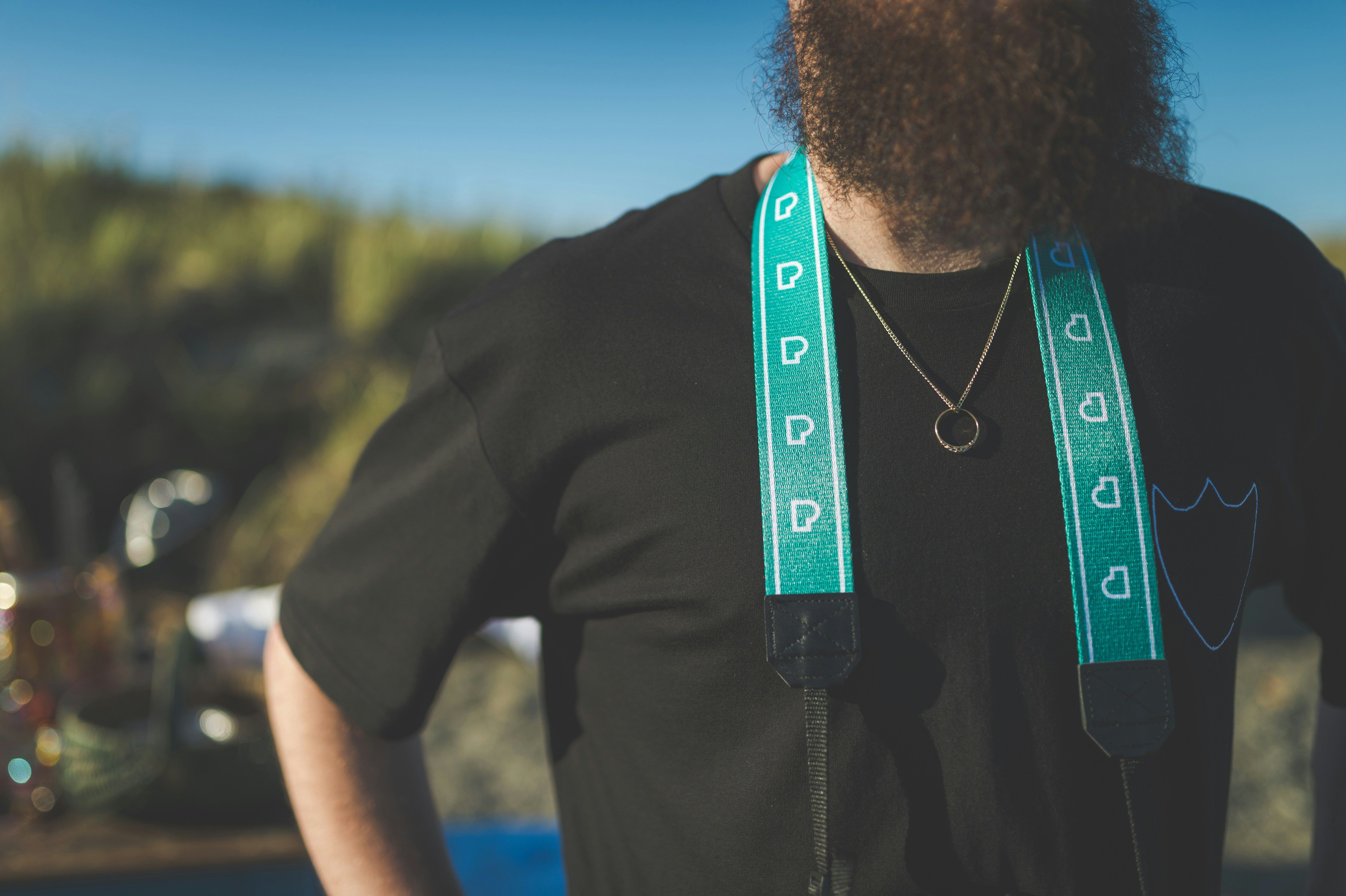U.S. Cities Witness Debut of Worldcoin: Iris Scanning and Crypto Rewards Implemented for Expansion
World looks to shake up the digital identity game
brothers Sam Altman's World, formerly known as Worldcoin, and their innovative solution for a world swamped by AI and digital identity chaos, is now operational in six major U.S. cities. The gadget du jour? Iris-scanning "Orbs."
Since its global debut, World has established itself in around 20 countries. The main goal? To provide a dependable means of distinguishing AI from flesh and blood in our digital world - a task that's become all the more important in today's age.
Those who are first through the iris-scanning gate in the U.S. will receive 16 WLD tokens as a welcome gift. Early adopters in the United States, who have downloaded and registered the World App, get a "pioneer grant" of a whopping 150 WLD tokens dropped into their wallets.
World has their sights set on deploying 7,500 Orbs across the U.S. by the end of 2025. A new manufacturing facility in Richardson, Texas will churn out these Orbs domestically, reducing reliance on global supply chains.
The World platform has been busy forging ties with powerhouses like Visa, Match Group, and Razer, enabling a Visa debit card, age verification systems for Tinder, and identity verification for gaming accounts, among other perks. The World App has also seen some updates, offering crypto-backed loans and decentralized prediction markets, among other features.
sam Altman, serving as chairman of Tools for Humanity, showed off these developments in San Francisco, alongside CEO Alex Blania, at the "At Last" press event. There, they unveiled the availability of World Orbs for iris scans at physical "World Space" locations in the six launch cities, and Razer stores. They also teased an orb mini, resembling a smartphone.
With over 12 million humans from 100 countries scanned by World's Orbs on their Ethereum-based World Chain, the project is one of the biggest crypto ventures globally - despite facing ongoing privacy and regulatory issues.
The U.S. launch seems strategically timed, as the Trump administration has reportedly shown a more favorable attitude toward cryptocurrencies than its predecessor. However, concerns persist about World's use of sensitive biometric data. Critics argue that even encrypted biometric information could be vulnerable to misuse or breaches. To address these concerns, World claims that they don't store raw biometric data and use advanced cryptographic protections for users' personal identifiers.
Despite facing regulatory headwinds, especially in New York State, World continues to attract funding from big-name venture capitalists, including Andreessen Horowitz, Khosla Ventures, Reid Hoffman, and Sam Bankman-Fried.
Adrian Ludwig, chief architect at Tools for Humanity, predicts that operating costs will begin to be offset by network fees in "18 months or so." Until then, World remains in the red as it expands its infrastructure and user base.
In the end, World's success hinges on its ability to grow its user base, adapt to regulatory changes, and build more partnerships to enhance its utility, while navigating the volatility of the cryptocurrency market. As AI continues to outsmart humans, tools that verify our humanity are becoming more critical, making World a solution to problems brought about by advanced AI.
Insight: Founded by Alex Blania and Sam Altman, World, formerly Worldcoin, aims to create a platform that leverages blockchain and cryptocurrency technology to establish a global financial inclusion system backed by a universal basic income-based system. The project, which uses biometric identification, has already attracted funding from big-name venture capitalists like Andreessen Horowitz and Khosla Ventures. World's future success is contingent on developing and adopting its use cases, forming strategic partnerships to enhance its utility, and adapting to ever-evolving regulatory frameworks.
- Sam Altman, the chairman of Tools for Humanity and co-founder of World, a cryptocurrency-based platform aiming for global financial inclusion, recently showcased the project's advancements in San Francisco.
- World's U.S. launch, including iris-scanning Orbs and the World App, comes at a time when the Trump administration is reportedly more favorable towards cryptocurrencies. However, concerns persist about the platform's use of sensitive biometric data.
- The World App has integrated features like crypto-backed loans and decentralized prediction markets, while forging partnerships with firms such as Visa, Match Group, and Razer, to offer services like Visa debit cards, age verification systems for Tinder, and identity verification for gaming accounts.
- World's future success depends on growing its user base, adapting to regulatory changes, building more partnerships, and navigating the volatility of the cryptocurrency market. The project's aim is to become a solution to problems caused by advancements in AI.
- Despite facing regulatory issues, particularly in New York State, World has attracted funding from big-name venture capitalists, including Andreessen Horowitz, Khosla Ventures, Reid Hoffman, and Sam Bankman-Fried, demonstrating confidence in the technology's potential.






